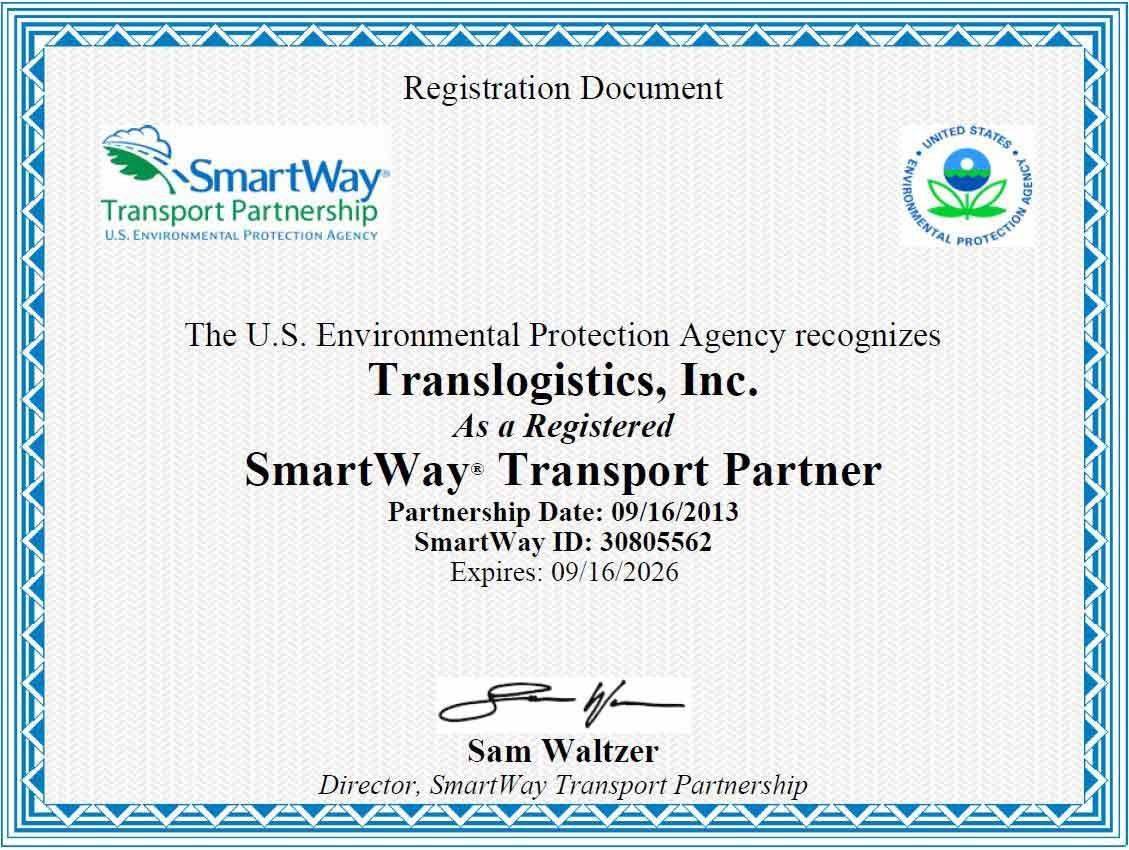Advantages of Shippers Partnering with Freight Brokerage Companies
Expertise in Logistics Management
One of the primary reasons shippers choose to partner with freight brokerage companies is the expanded network and access to a wide range of transportation options they provide. Freight brokers maintain extensive connections with carriers, including trucking companies, rail operators, air cargo carriers, and maritime shipping lines.
This network allows shippers to tap into an extensive pool of available capacity, ensuring their cargo gets transported efficiently and cost-effectively. Freight brokers leverage their relationships with carriers to negotiate competitive rates, secure space on trucks or vessels, and manage the complexities of the shipping process.

Freight brokerage companies specialize in logistics management, possessing deep knowledge and expertise in various aspects of the transportation industry. Shippers can leverage this expertise to optimize their supply chain operations. Freight brokers have a comprehensive understanding of shipping regulations, customs requirements, and documentation processes, enabling them to navigate potential obstacles seamlessly. They are well-versed in optimizing freight routes, selecting appropriate transportation modes, and identifying cost-saving opportunities. By partnering with freight brokerage companies, shippers can benefit from the accumulated industry knowledge and experience of these experts.
Financial & Time Savings
Managing logistics in-house requires significant time and resources. Shippers must allocate resources to handle tasks such as carrier sourcing, freight negotiations, shipment tracking, and resolving potential issues. By partnering with a freight brokerage company, shippers can offload these responsibilities and focus on their core competencies. 3PL brokers handle the entire logistics process, from initial quoting and carrier selection to tracking and delivery. This partnership allows shippers to streamline their operations, reduce administrative burdens, and free up internal resources, ultimately leading to improved efficiency and productivity.
Scalability
The transportation needs of businesses are seldom static, with fluctuations in demand and shifting truckload spot market dynamics. Freight brokerage companies offer shippers flexibility and scalability, allowing them to adapt to changing requirements. Whether it's sudden surges in shipment volume, seasonal fluctuations, or the need for specialized equipment, freight brokers can quickly adjust their services to accommodate these variations. They possess the resources and industry connections to secure additional capacity promptly, ensuring shippers can meet customer demands without delays or disruptions.
Transportation Industry Compliance
Navigating the complex regulatory landscape governing shipping and logistics can be a daunting task for shippers. Freight brokerage companies are well-versed in industry regulations and compliance requirements. By partnering with these companies, shippers can mitigate the risk of non-compliance, avoiding penalties, delays, and potential reputational damage. Freight brokers ensure that all necessary permits, licenses, and documentation are in order, adhering to legal and regulatory standards across different regions and countries. This partnership provides shippers with peace of mind, knowing that their freight is being managed in a compliant and responsible manner.
What is the difference between a Freight Broker & a 3PL?
Freight Broker: A freight broker acts as an intermediary between shippers (those who need to transport goods) and carriers (truck drivers, shipping companies, etc.) to facilitate the transportation of freight. Freight brokers do not own or operate the transportation vehicles themselves. Instead, they connect shippers with suitable carriers to ensure the goods are transported efficiently. Key points about freight brokers include:
- Matchmaking: Freight brokers match shippers' freight with carriers who have available capacity and can meet the shipping requirements.
- Negotiation: They negotiate rates and contracts between shippers and carriers, striving to secure the best rates and service agreements.
- Documentation: Freight brokers handle the necessary paperwork, including bills of lading, insurance forms, and customs documentation.
- Tracking: They often provide tracking services to monitor the shipment's progress and keep all parties informed.
- Limited Liability: Freight brokers are typically not responsible for the physical transportation or storage of goods but facilitate the arrangement between shippers and carriers.
Third-Party Logistics Provider (3PL): A 3PL offers a more comprehensive range of logistics services beyond the matchmaking and negotiation provided by freight brokers. 3PL companies are capable of managing various aspects of the supply chain and can provide integrated logistics solutions. Key points about 3PLs include:
- Warehousing and Distribution: 3PLs often have their own warehouses and distribution centers to store and manage inventory.
- Value-Added Services: They may offer additional services such as packaging, labeling, claims management, freight invoice audit, and reverse logistics.
- Supply Chain Optimization: They work closely with clients to optimize supply chain operations, reduce costs, and improve efficiency.
- Comprehensive Solutions: 3PLs provide end-to-end logistics solutions, including transportation management, freight forwarding, customs clearance, and more.
Freight brokers primarily focus on connecting shippers with carriers for freight transportation, 3PLs offer a broader range of logistics services, including warehousing, distribution, and supply chain management. 3PLs take a more comprehensive approach to optimize logistics operations for their clients. The ideal solution for shippers are logistics solutions providers like TLI whom offer both 3PL & freight brokerage services. The advantages of such collaborations include enhanced efficiency, cost savings, risk mitigation, and scalability. As the global economy continues to evolve, shippers will increasingly recognize the value of partnering with 3PL freight brokerage companies like TLI to optimize their transportation and logistics activities.
TLI Insights
Get the latest logistics insights and tips from TLI's award-winning team. Stay ahead in transportation planning.
Questions? Email us at marketing@shiptli.com



